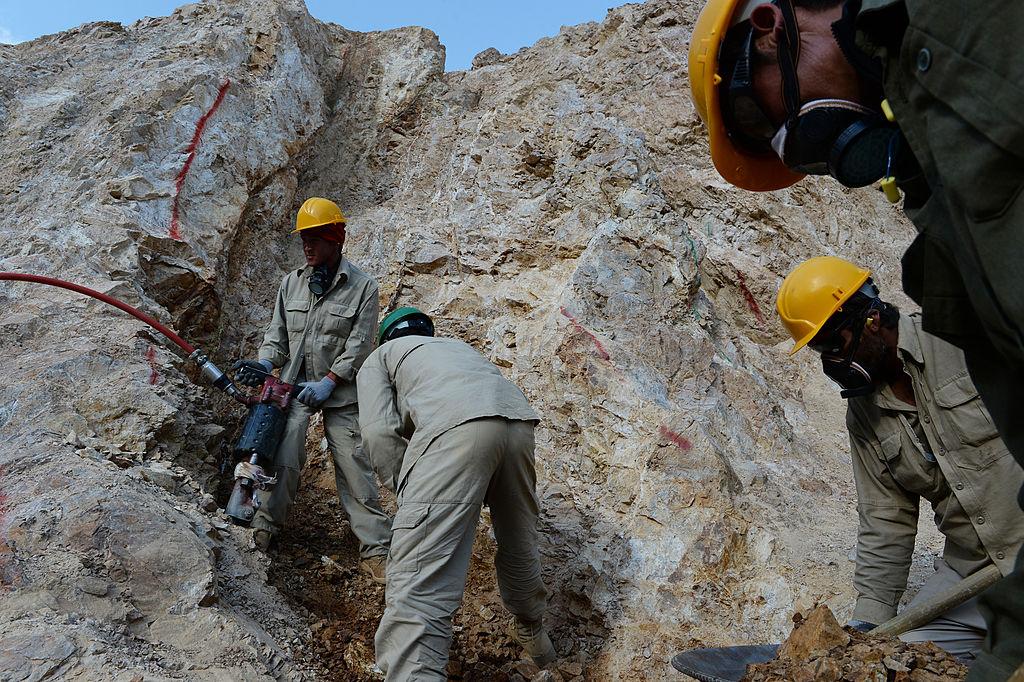The Taliban regime in Afghanistan has arrested five men, including two Chinese citizens. They are suspected of smuggling about 1,000 tons of lithium-containing stones out of the country.
The regime’s Ministry of Mines and Petroleum said on Jan. 21 that it had seized about 300 tons of these stones in Nangarhar province, and about 700 tons in Kunar province. Both provinces border Pakistan.





